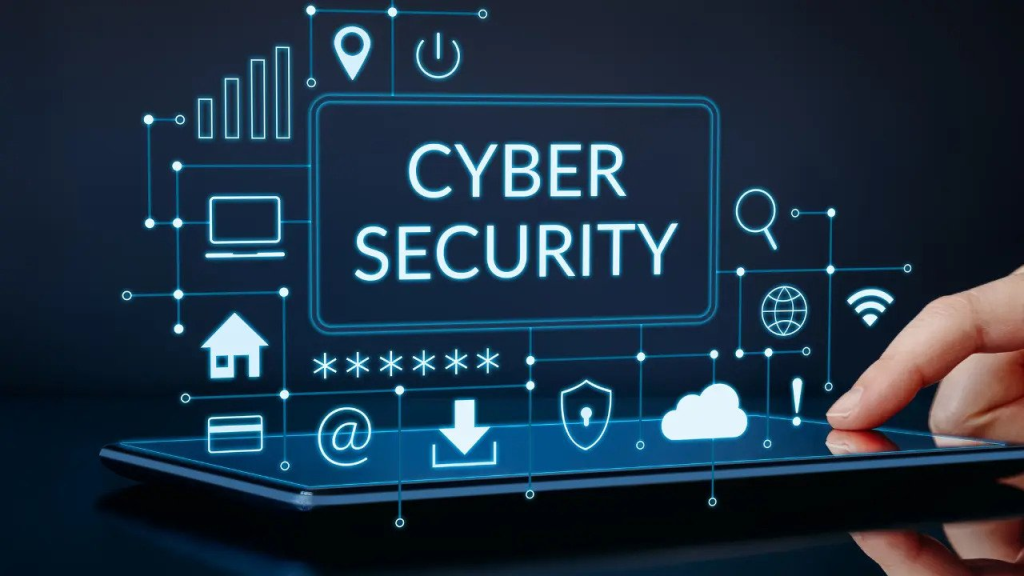The risks of not providing cybersecurity awareness training for employees
In this digital world, cyber-criminals are wrecking businesses and lives. With evolving methods of attacks, the commercial sectors value internet safety practices a lot. Employees are the organization’s backbone and must learn the best practices and procedures.

You do not hurt your company, if employees know the latest security updates and scenarios.
Statistics show that one in three organizations don’t provide cybersecurity training to their workers.
New research from a leading Service Security provider, Hornet security record, shows that almost 33% of companies are not providing cyber security training to their remote workers.
With the popularity of hybrid work, there is more risk associated with it, so you should privatize cyber security training for every remote worker.
The cyber security team should refrain using traditional methods of controlling and securing company data.
Organizations by providing cyber security awareness training to the Employees make them more responsible. They can acknowledge the unique risk associated with the industry and protect the company’s reputation. Cyber security training is essential to tech train the teams on the important fundamentals of cybersecurity domains.
Why do businesses need security awareness?
Organizations train teams with security awareness to help them understand the importance of security measures.
With security-around awareness training, businesses can quickly reduce risks like Malware, Phishing/social engineering, insider threats, advanced persistent threats, man-in-the-middle attacks, and more.
Security awareness training helps employees properly understand cyber hygiene and the risk associated with a crash in a server website on the network by overloading it.
We can identify each cyber-attack and encounter them with proper solutions.
The best way to approach cyber security and awareness training is by engaging the workforce to reduce user risk.
Enroll them in a cyber security awareness training program delivering the best education practices.
It is best to have your workforce or employees trained by instructors. Trainers having industry knowledge can help Employees with the right messages and improve their behavior around critical security practices.
Risks of Lack of Cyber security knowledge amongst employees
Lack of understanding and knowledge of cybersecurity among employees may lead to consequences like criminal penalties or irreparable company harm. Here we are discussing some of the risks:
- Risk 1: Legal consequences – Cybersecurity breaches have some serious consequences. Based on the compliance regulations, each industry has its penalties. To secure the company from severe legal penalties’ companies must tech train their employees. Negligence and failure to exercise the proper cybersecurity techniques can lead to breach in the security measure. If it happens, the company’s cybersecurity knowledge will be called into question.
- Risk 2: Financial Loss – According to reports, the global average cost of data breach is $3.92 million dollars. For many companies, the amount is more, ranging from 8.19 million annually. The cybersecurity incident can keep costing the company even after the repair. For agencies and organizations having ability to weather the severe damage, a proper training is very essential.
- Risk 3: Vulnerable systems are always the target: The system of an organization with data breach can become the soft target of cybercriminals again and again. Companies that fail to secure their systems pay only under threat. The risks are loss of public trust in customers and increased insurance premiums.
Tech training your team with cybersecurity training on courses like CompTIA, ISC2, and ISACA helps upgrade the knowledge. It’s never too late to train yourself in cybersecurity. No organization can afford to lose data and damage its reputation.
Cyber security training is excellent security measure to start. These courses enhance knowledge and give tech leaders valuable insights into recent cyber-attack scenarios.